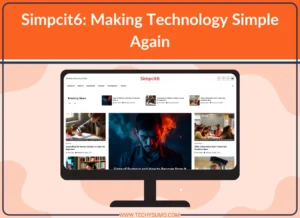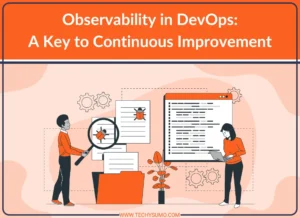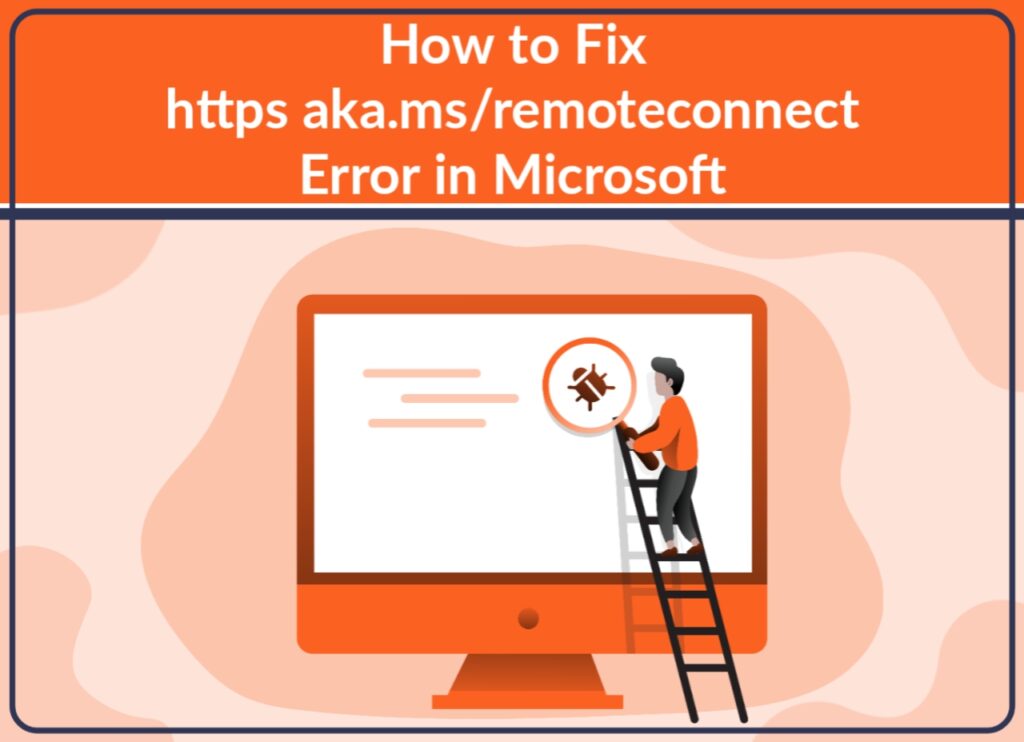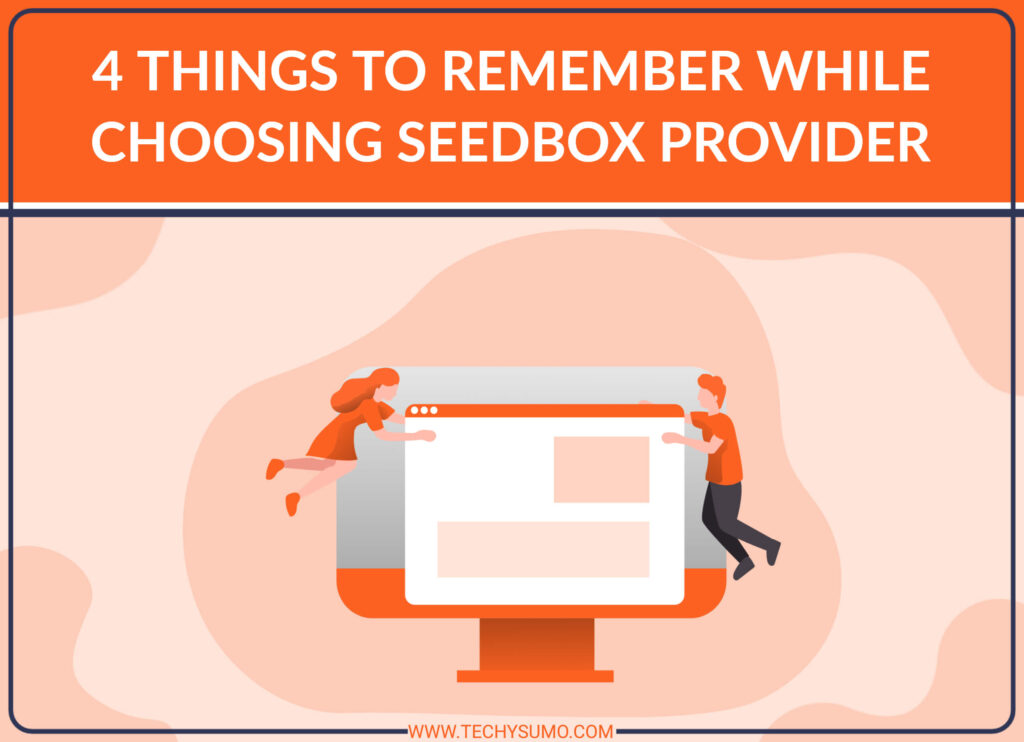A Wiki is a website where people work together to create and change content. It’s different from regular websites because many users can add to it, make updates, and improve the information in real-time. You’ll find wikis used a lot in schools, companies, and online groups because they’re great for putting information in order and sharing it. Whether it’s a small project just for you or a huge data collection, wikis make it easy and fun to organize and find what you need.
Table of Contents
How Wikis Work
Wikis come with a collaborative editing environment where users can create and edit pages without the need to know any technical skills. Most wikis use a WYSIWYG (What You See Is What You Get) editor or simple markup language to format text, add images, and insert links. Version control is one of the significant benefits of wikis, as it keeps track of all the changes and enables users to go back to previous versions in case of a need. Certain wikis are publicly available; others require login credentials or admin approval to view and edit.
Internal linking is also important, allowing users to link between related pages within the wiki. This gives a networked information structure that makes navigation and usability easier. Internal linking is found in most wikis, which also support multimedia integration, allowing users to insert videos, images, and documents into content to enrich it.
Benefits of Using a Wiki

Wikis are simple and flexible, allowing teams to document information in a structured yet editable way. Businesses rely on wikis for internal documentation, offering employees up-to-date policies, procedures, and training materials. Schools use wikis to support student collaboration, allowing students to engage with course materials. Because wikis are constantly updated, they become living documents, evolving as new information is published.
Another major benefit is increased knowledge retention since wikis hold valuable information that can otherwise get lost in emails or scattered files. Employees and team members can view solutions easily, reducing redundancy and increasing efficiency. In open-source communities, wikis are repositories of knowledge where end users contribute tutorials, FAQs, and troubleshooting tips. The ability to track revisions also brings accountability so that information is relevant and accurate.
Also Read
Choosing the Right Wiki Platform
When starting a wiki, the first big decision is where to host it. You could go with a cloud-hosted service, which is super easy because they take care of your maintenance and updates, or you could choose to host it yourself. This gives you a lot more say in how it looks and feels and how secure it is. The best choice for you depends on how comfortable you are with tech, how much you think your wiki will grow, and how involved you want to manage it long-term.
A good wiki should be simple to navigate. It needs clear sections, a search bar, and set roles for users. Putting content in order makes sure that info is easy to find and kept current. Letting users have different levels of editing access helps keep things accurate and promotes teamwork.
Regular updates and strong security are needed to ensure the wiki stays useful. Controlling who can make changes helps prevent unwanted edits but encourages people to contribute. A well-kept wiki becomes a great resource for sharing knowledge, letting information grow and stay current.






